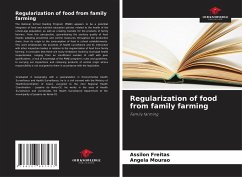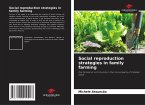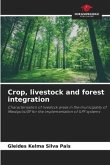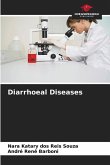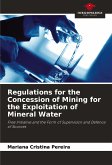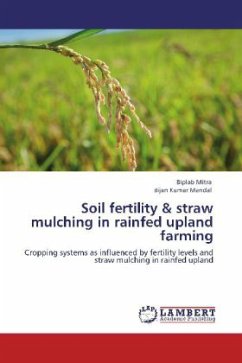The National School Feeding Program (PNAE) appears to be a potential integrator of food and nutrition education policies related to the health of the school-age population, as well as creating markets for the products of family farmers. From this perspective, guaranteeing the sanitary quality of food implies adopting preventive and control measures throughout the production chain, from its origin to the consumption of food in school establishments. This work emphasizes the practices of health surveillance and its interaction with other inspection bodies in relation to the regularization of food from family farming. It concludes that there are many limitations faced by municipal health inspectorates, ranging from an insufficient number of staff with poor qualifications, a lack of knowledge of the PNAE program's rules and guidelines, to carrying out inspections and releasing products of animal origin whose responsibility is not assigned to them in accordance with the legislation.
Bitte wählen Sie Ihr Anliegen aus.
Rechnungen
Retourenschein anfordern
Bestellstatus
Storno

